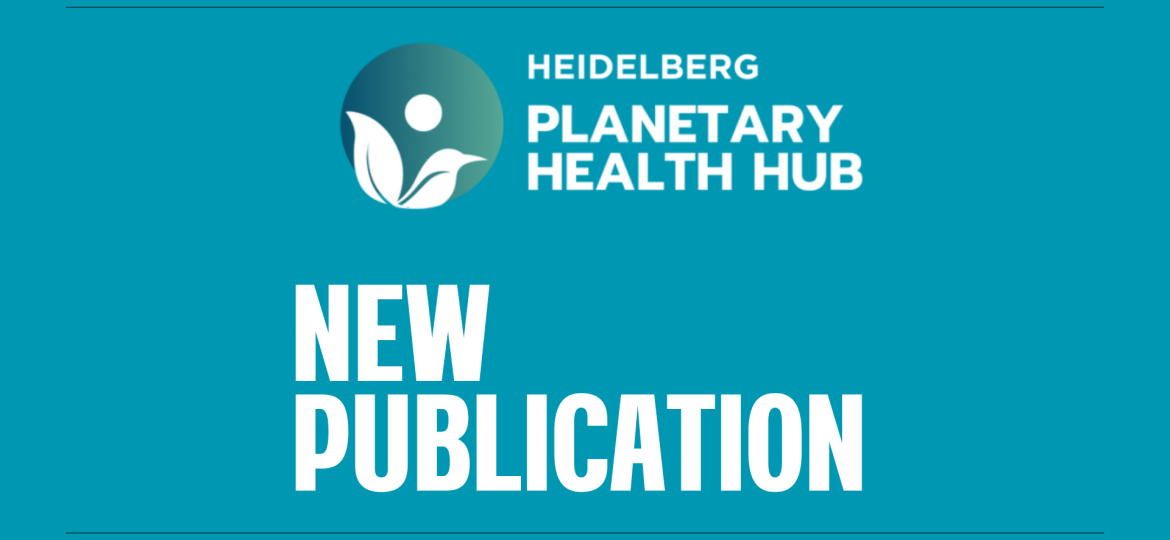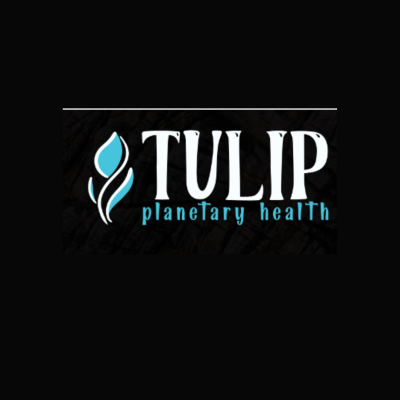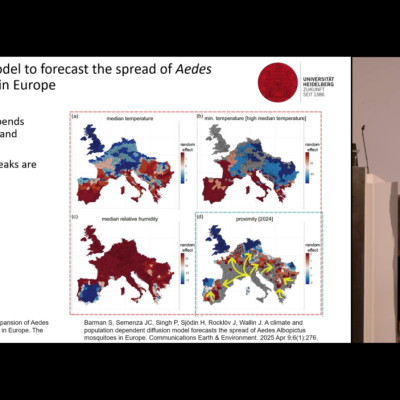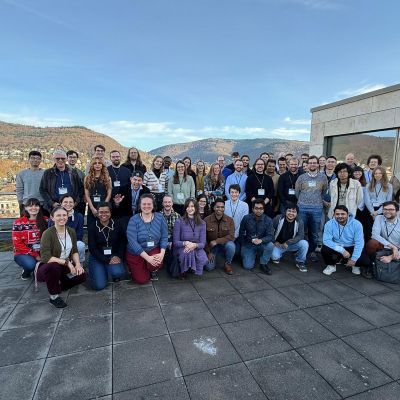Prof. Dr. Joacim Rocklöv, Director of the Hei-planet Team, along with his colleagues, has published a new article exploring the use of artificial intelligence for automated tick classification—a significant step toward enhancing citizen science in the context of public health.
In their study, the team developed, trained, and evaluated deep learning models that leverage image analysis, object detection, and transfer learning. These AI-driven tools aim to support scalable and semi-automated tick identification efforts, enabling broader participation in tick monitoring through citizen science platforms.
This foundational work contributes to the broader One Health approach—addressing human, animal, and environmental health collectively—and offers a framework that could be extended to other arthropod vectors and emerging public health threats.
Read the full article here : Springer Nature- Automated tick classification using deep learning and its associated challenges in citizen science








